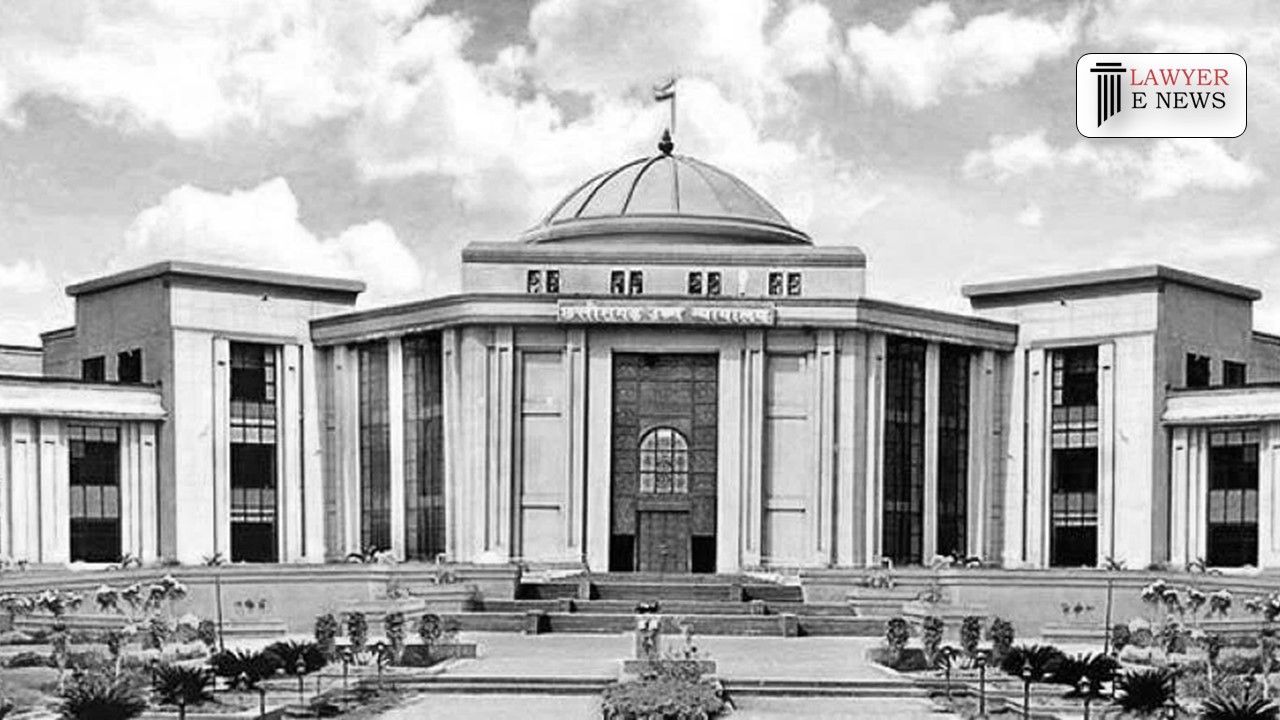-
by Admin
15 February 2026 5:01 PM



The High Court of Chhattisgarh, in its decision in the Criminal Revision No. 873 of 2015, has delineated the parameters of cause of action in cases of cheque dishonor under Section 138 of the Negotiable Instruments Act, emphasizing the objective of the provision to secure payment over punishment.
Manjeet Singh Dhillan was convicted under Section 138 for the dishonor of a cheque issued as loan repayment to Baljinder Singh Rajpal. The cheque was presented multiple times within its validity period, each time being dishonored due to insufficient funds. The legal contention revolved around the timing of the cause of action and the interpretation of notice requirements under the Act.
Justice Goutam Bhaduri clarified that the cause of action in a cheque bounce case arises at the last dishonor within the cheque’s validity. The Court relied on precedents, including Kamlesh Kumar v State of Bihar and others, to assert that multiple presentations are permissible and do not preclude the holder from initiating prosecution on subsequent dishonors.
On the matter of notice, the Court held that the statutory presumption of deemed service applies when a notice sent by post miscarries, satisfying the requirements of Section 94 of the Act. This was crucial in the present case as the notice to the applicant returned with an endorsement, "doors are closed."
Acknowledging the deposited compensation by the applicant, the High Court set aside the jail sentence while maintaining the fine. The respondent was allowed to withdraw the compensation, aligning with the Act’s intent of securing debt payment rather than penal retribution.
Date of Decision: 18th January 2024
Manjeet Singh Dhillan vs. Baljinder Singh Rajpal and State of Chhattisgarh;
